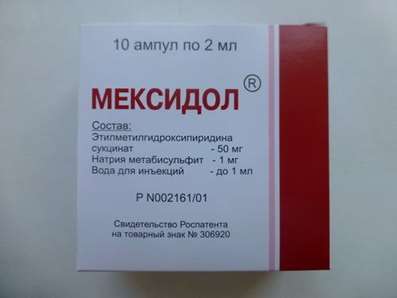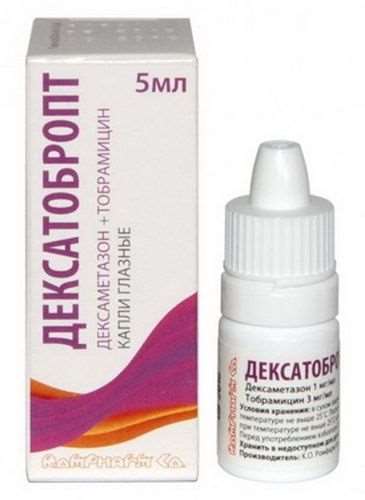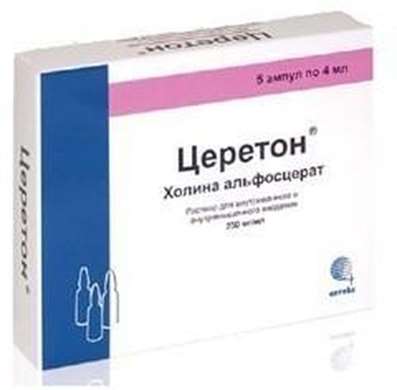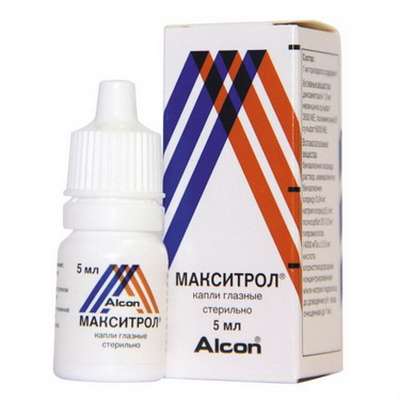Instruction for use: Ipronal
I want this, give me price
Dosage form: tablets
Active substance: Proxibarbal*
Pharmacological group:
Anxiolytics
The nosological classification (ICD-10)
F48 Other neurotic disorders: Neurosis; Neurological diseases; Neurotic disorders; Neurotic condition; Psychoneurosis; Anxious-Neurotic Conditions; Chronic neurotic disorders; Emotional reactive disorders
G43 Migraine: The pain of migraine; Migraine; hemiplegic migraine; Migraine headache; A migraine attack; Continuous headache; hemicranias
K25 Stomach ulcer: Helicobacter pylori; Pain syndrome with gastric ulcer; Pain syndrome with peptic ulcer of stomach and duodenum; Inflammation of the gastric mucosa; Inflammation of the mucosa of the gastrointestinal tract; Benign ulcer of the stomach; Disease of the stomach and duodenum, associated with Helicobacter pylori; Exacerbation of gastroduodenitis against ulcer disease; Exacerbation of peptic ulcer; Exacerbation of gastric ulcer; Organic GI disease; Peptic ulcer of the stomach and duodenum; Postoperative Stomach Ulcer; Recovering ulcers; Symptomatic Stomach Ulcers; Chronic inflammatory disease of the upper gastrointestinal tract associated with Helicobacter pylori; Helicobacter pylori eradication; Erosive-ulcerative lesions of the stomach; Erosive lesions of the stomach; Erosion of the gastric mucosa; Peptic Ulcer; Stomach ulcer; Stomach ulcer; Ulcerative lesions of the stomach; Symptomatic ulcers of the stomach and duodenum
K26 Ulcer of duodenum: Pain syndrome with duodenal ulcer; Pain syndrome with peptic ulcer of stomach and duodenum; Disease of the stomach and duodenum, associated with Helicobacter pylori; Exacerbation of peptic ulcer; Exacerbation of duodenal ulcer; Peptic ulcer of the stomach and duodenum; Recurrence of duodenal ulcer; Symptomatic ulcers of the stomach and duodenum; Helicobacter pylori eradication; Erosive-ulcerative lesions of the duodenum; Erosion-ulcerative duodenal lesions associated with Helicobacter pylori; Erosive lesions of the duodenum; Peptic ulcer disease of the duodenum; Ulcerative duodenal lesions
N94.3 Premenstrual tension syndrome: Pronounced premenstrual syndrome; Menstrual psychosomatic disorder; Menstrual syndrome; Premenstrual tension; Premenstrual status; Premenstrual period; Premenstrual syndrome; Menstruation syndrome
N95.1 menopausal and menopausal status of women: Atrophy of the mucosa of the lower genital tract, caused by estrogen deficiency; Vaginal dryness; Autonomic dysfunction in women; gipoestrogeniya state; Deficiency of estrogen in menopausal women; Degenerative changes of the mucous membrane in the menopause; Natural menopause; an intact uterus; climacteric; Menopause women; Menopause in women; menopausal depression; Climacteric ovarian dysfunction; Menopause; Climacteric neurosis; Menopause; Menopausal symptoms complicated psychovegetative; Climacteric syndrome; Climacteric vegetative disorders; Climacteric psychosomatic disorder; menopausal disorders; Menopausal disorders in women; menopausal condition; Climacteric vascular disorders; Menopause; Menopausal vasomotor symptoms; menopausal period; Lack of estrogen; Feeling the heat; Pathological menopause; perimenopause; menopause; postmenopausal; Premature menopause; premenopauznom period; tides; hot flashes; flushing in the Meno and postmenopausal; Hot flashes / hot flashes in menopause; Heart attack during menopause; Early menopause in women; Disorders of menopause; climacteric syndrome; Vascular complications of menopause; Physiological menopause; Estrogendefitsitnye state; premature Menopause
R51 Headache: pain in the head; cephalgia; Pain in sinusitis; Pain in the neck; Pain headache; Headache vasomotor origin; Headache vasomotor origin; Headache with vasomotor disturbances; Headache; Neurological Headache; Continuous headache
Composition and release form
1 tablet contains proxybarbal 50 mg; in the box 30 pcs.
Pharmachologic effect
Mode of action - tranquilizing, sedative.
Regulates the functions of the reticular formation, the hypothalamus and the autonomic nervous system.
Pharmacodynamics
Reduces the severity of neurovegetative disorders, eliminates anxiety, increased excitability, eliminates vasomotor headache.
Pharmacokinetics
Quickly and completely absorbed into the digestive tract. 30 minutes after ingestion, reaches Cmax. Metabolised in the liver, excreted mainly with urine.
Clinical Pharmacology
The therapeutic effect is stabilized 4-10 days after the start of treatment. Does not cause a decrease in mental performance, drowsiness and drug dependence.
Indications of preparation Ipronal
Headache with vasomotor disorders, migraine, premenstrual syndrome, vegetative disorders in the menopause period, neuroses, peptic ulcer of the stomach and duodenum (as a sedative in the complex therapy).
Contraindications
Hypersensitivity, acute renal or hepatic insufficiency.
Application in pregnancy and breastfeeding
Contraindicated.
Side effects
Dyspeptic disorders, drowsiness, dizziness, decreased mental performance (especially after taking large doses).
Interaction
Strengthens the effect (mutually) of other drugs that have a depressing effect on the central nervous system.
Dosing and Administration
Inside, with migraines - 50 mg 3 times / day for 2-3 months, if necessary, a single dose can be increased to 100 mg. For symptomatic treatment of headache, 100 mg is prescribed up to 3 times / day in combination with an analgesic. With a headache caused by organic brain lesions, 300-400 mg / day in 3 divided doses for 2-3 months. For other indications - 50 mg 3 times / day for 6 weeks or more.
Precautionary measures
Before identifying an individual reaction to a drug, one should refrain from managing motor vehicles and working with potentially dangerous mechanisms. It is not recommended to combine with other deprimiruyuschimi medicines.
Storage conditions of the drug Ipronal
Keep out of the reach of children.

 Cart
Cart





